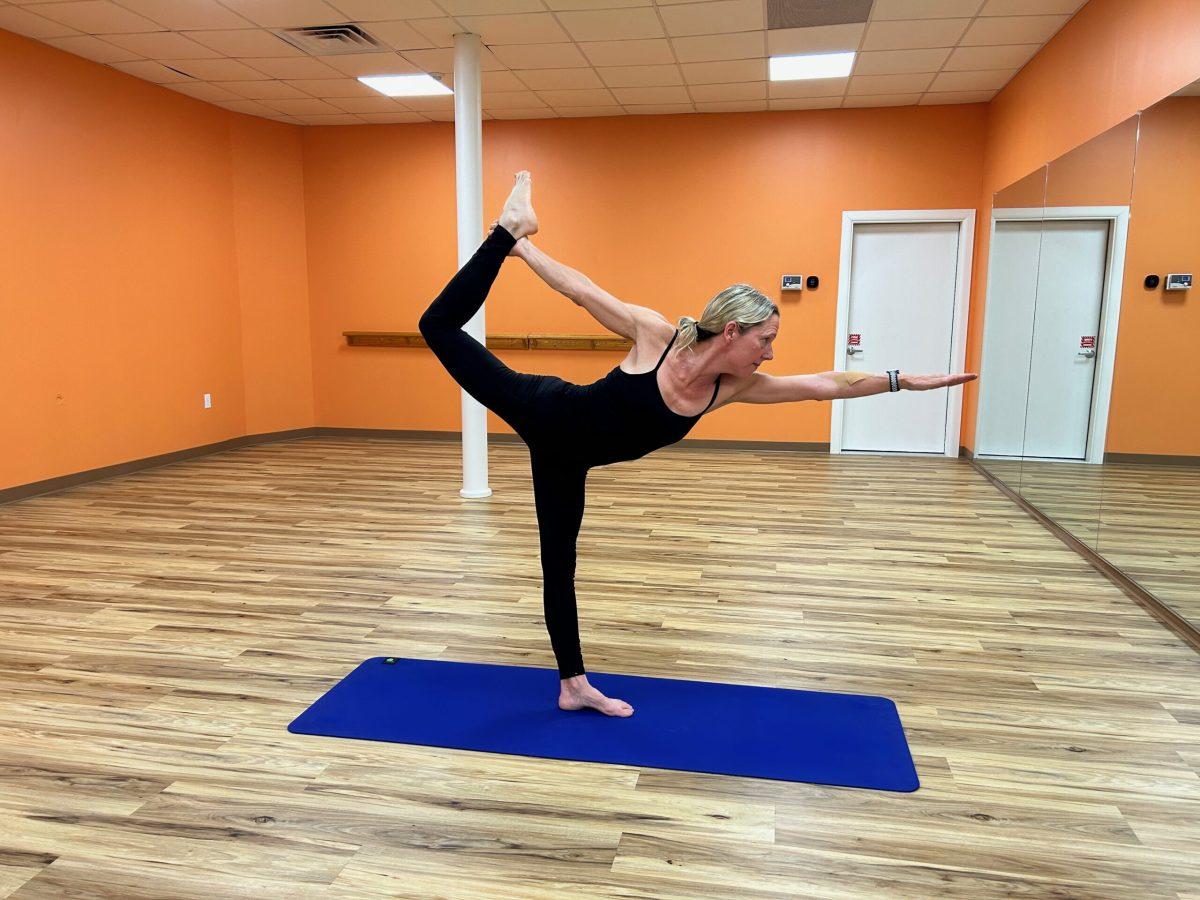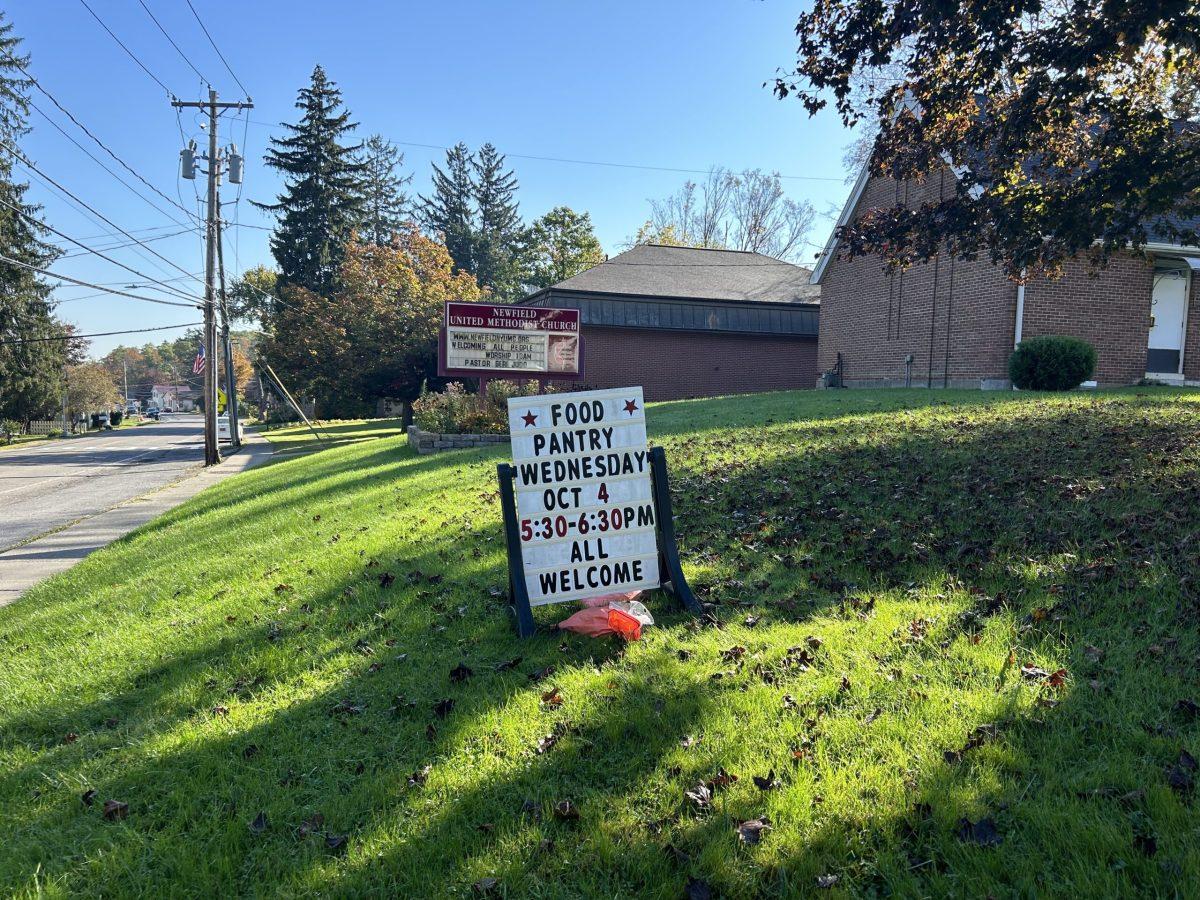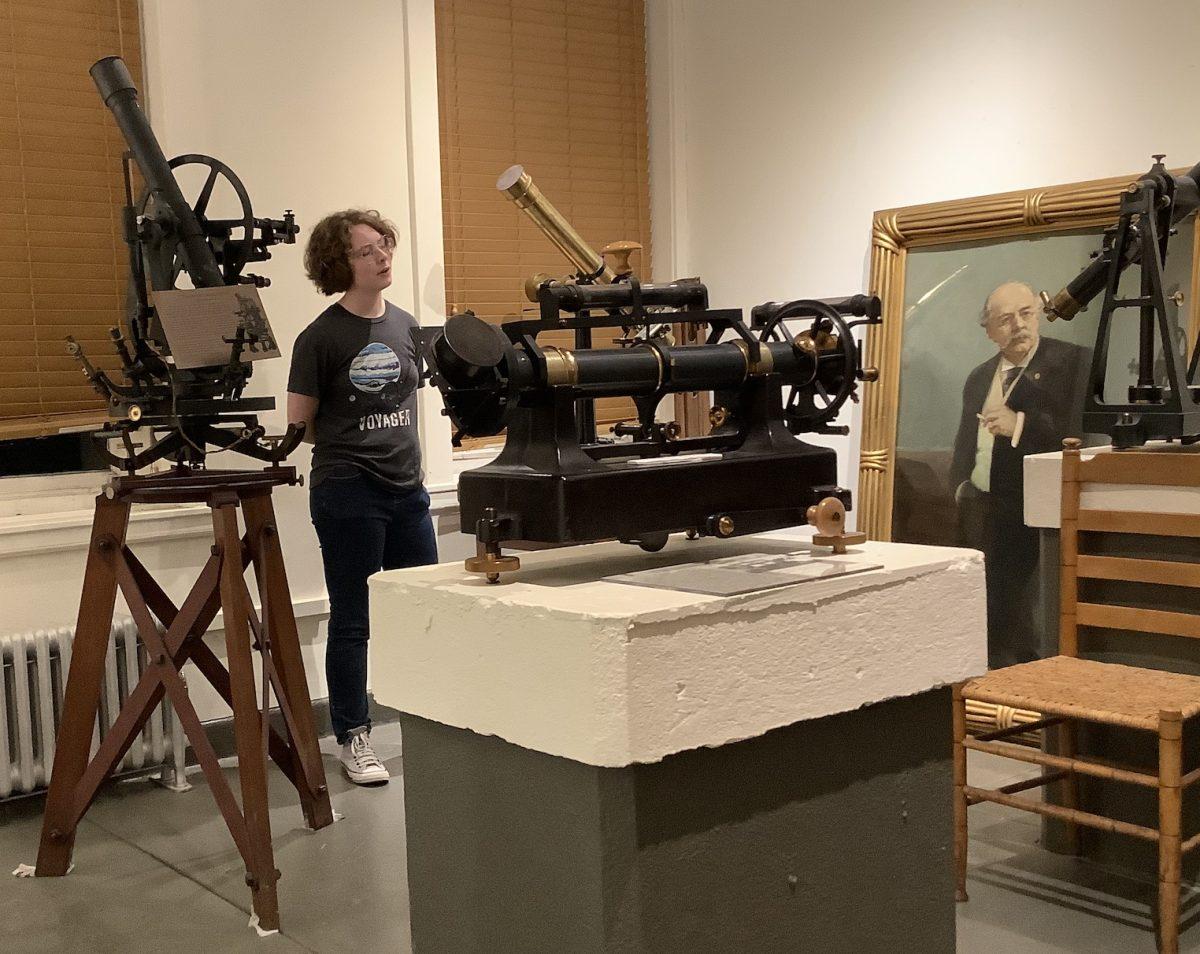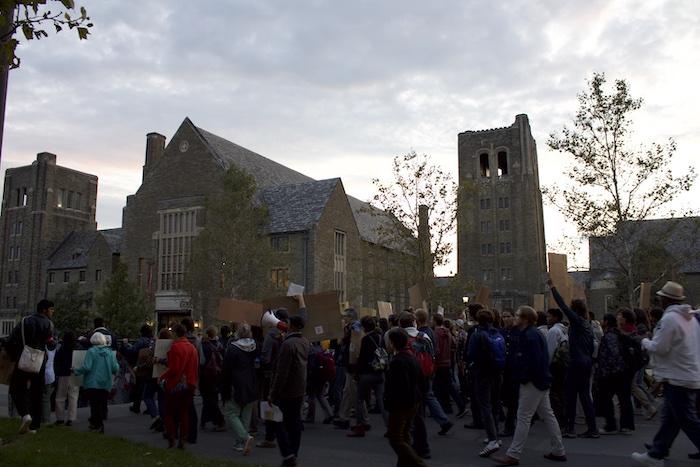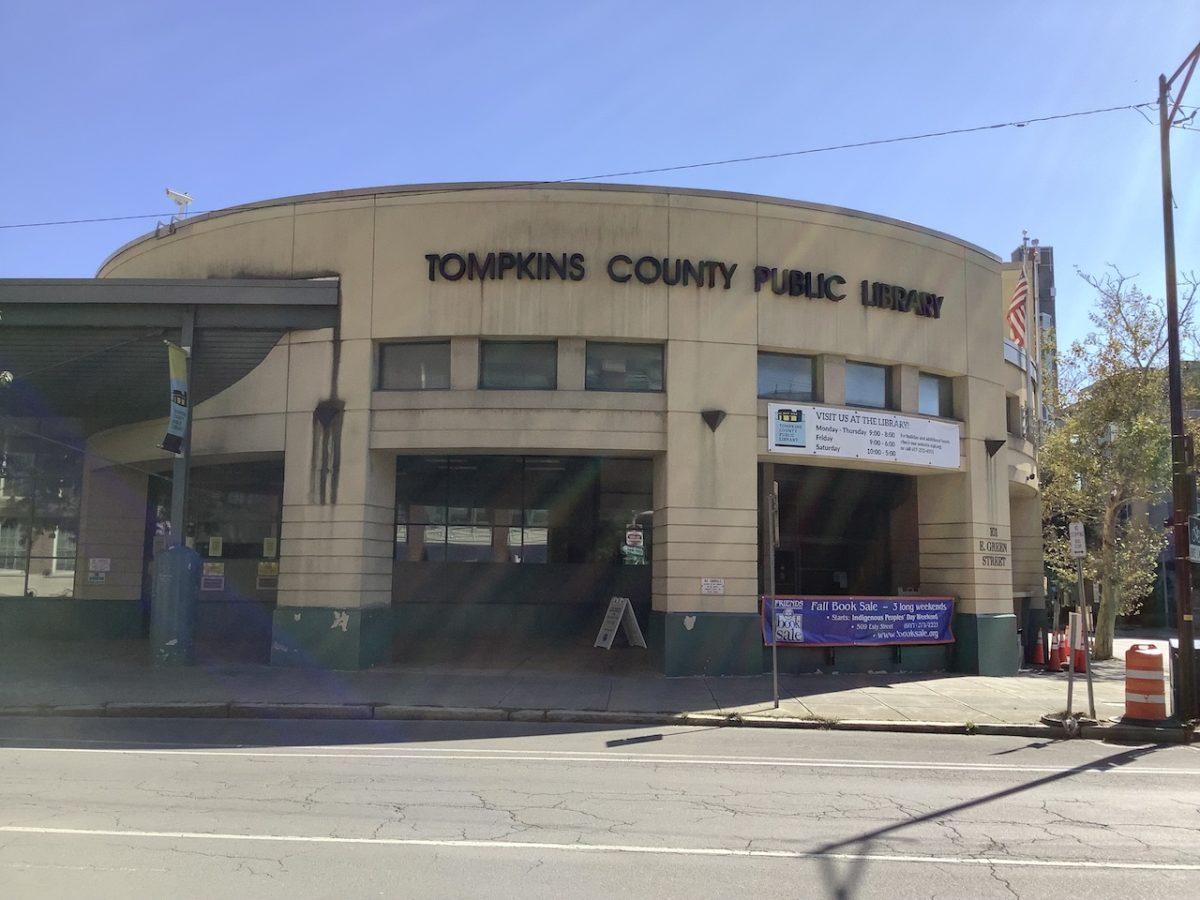Eighteen years ago, Bob Riter found a lump the size of a pencil eraser in one of his nipples. He didn’t think much of it until weeks later when he noticed bleeding come from that same nipple.
After tests were ran, biopsy results revealed — to Riter’s surprise — that he had breast cancer. He was 40-years-old.
As Riter, current executive director of the Cancer Resource Center of the Finger Lakes, organized the 20th annual CRC Walkathon held on Oct. 25, he remembers his journey battling the disease and his work with the organization.
Now cancer-free, he says his journey is proof that breast cancer is not just a women’s disease. More than 2,000 men in the United States were diagnosed with breast cancer in 2011, according to a report this year by the Department of Health and Human Services, Centers for Disease Control and Prevention, and National Cancer Institute. Out of that number, 443 men died from the disease.
According to a recent report by the American Cancer Society, the lifetime risk of getting breast cancer in men is about 1 in 1,000. The disease is 100 more times more common among women than men, but men are still affected.
Riter was the first man to join the Cancer Resource Center of the Finger Lakes, formerly known as the Ithaca Breast Cancer Alliance.
“I can tell they were a little bit startled, but they were supportive,” Riter said. “It took a little bit of navigation to figure out well, “How does a man fit into what is essentially a woman’s organization?”
Currently, the Center caters to people dealing with all types of cancer.
“The Cancer Center is a real gem for the Finger Lakes,” Monica Vakiner, a worker in Client Services with the CRC said. “In many ways, they provide more services than a lot of the very large cancer hospitals do.”
The Walkathon was scheduled during the month of October, which is Breast Cancer Awareness month. That same week was also Male Breast Cancer Awareness Week in the state of New York. It is not recognized nationally, as only some states including New Jersey, Florida, Connecticut, and Pennsylvania, have adopted it. Louisiana was the most recent state on Oct. 19 to join the movement.
The Walkathon raised more than $120,000 in donations, all of which will go towards the maintenance of the weekly support groups and free services for Tompkins County residents battling cancer. Riter said they will continue to receive more throughout the week in hopes of reaching their goal of $200,000.
Riter said his commitment to the CRC stems from the impact it made on him when he was facing breast cancer. Though it was challenging at first being the only male in the Breast Cancer group, he said his experience got better with time.
But the support for breast cancer is not universal across all platforms. Riter said some men he knew outside of Ithaca battling the disease have faced an even harder time seeking out support.
Bret Miller, founder of the Bret Miller 1T Foundation and co-founder of the Male Breast Cancer Coalition, was diagnosed at 24-years-old. Miller said raising awareness about male breast cancer is not about taking any attention away from women’s struggles with the disease.
“I’m not trying to steal any thunder or anything at all,” Miller said. “All we’re trying to do is spread the word. Let other people know. If women know men can get it, then we need them to help us out.”
Miller said another challenge to overcome is the stigma surrounding the disease.
“Everybody knows it as a women’s disease,” Miller said. “When a male gets diagnosed, they’re quiet about it. They don’t want to speak out about it because they think somebody is going to question their manhood.”
Despite the low statistics surrounding men in the disease, Miller said the impact is still felt by patients and their families.
“All we keep getting told is ‘1 percent,’ ‘less than 1 percent’ and that’s all it is,” Miller said. “It’s not that big of a number, but cancer does not discriminate. I know it’s not affecting the masses, but it is still affecting families.”
The American Cancer Society projected in a study earlier this month that about 430 men will die from breast cancer and more than 2,000 new cases will be diagnosed.
Ambrose Kirkland, a member of the Male Breast Cancer Coalition and Male Breast Cancer Facebook group that Riter organizes, is involved in speaking engagements in his hometown of Florida. He was diagnosed in 2001 and since then, he has been organizing to help more people find out about the disease.
“I’m a very outspoken person so if someone tries to turn their back on me when it comes to breast cancer, I walk around and stand in front of them and put myself in their faces and make them listen to me,” Kirkland said. “I want them to understand, ‘Listen: Men can get breast cancer. This may happen to you one day. This may happen to a male in your family, so you’re going to listen to what I have to say.’”


